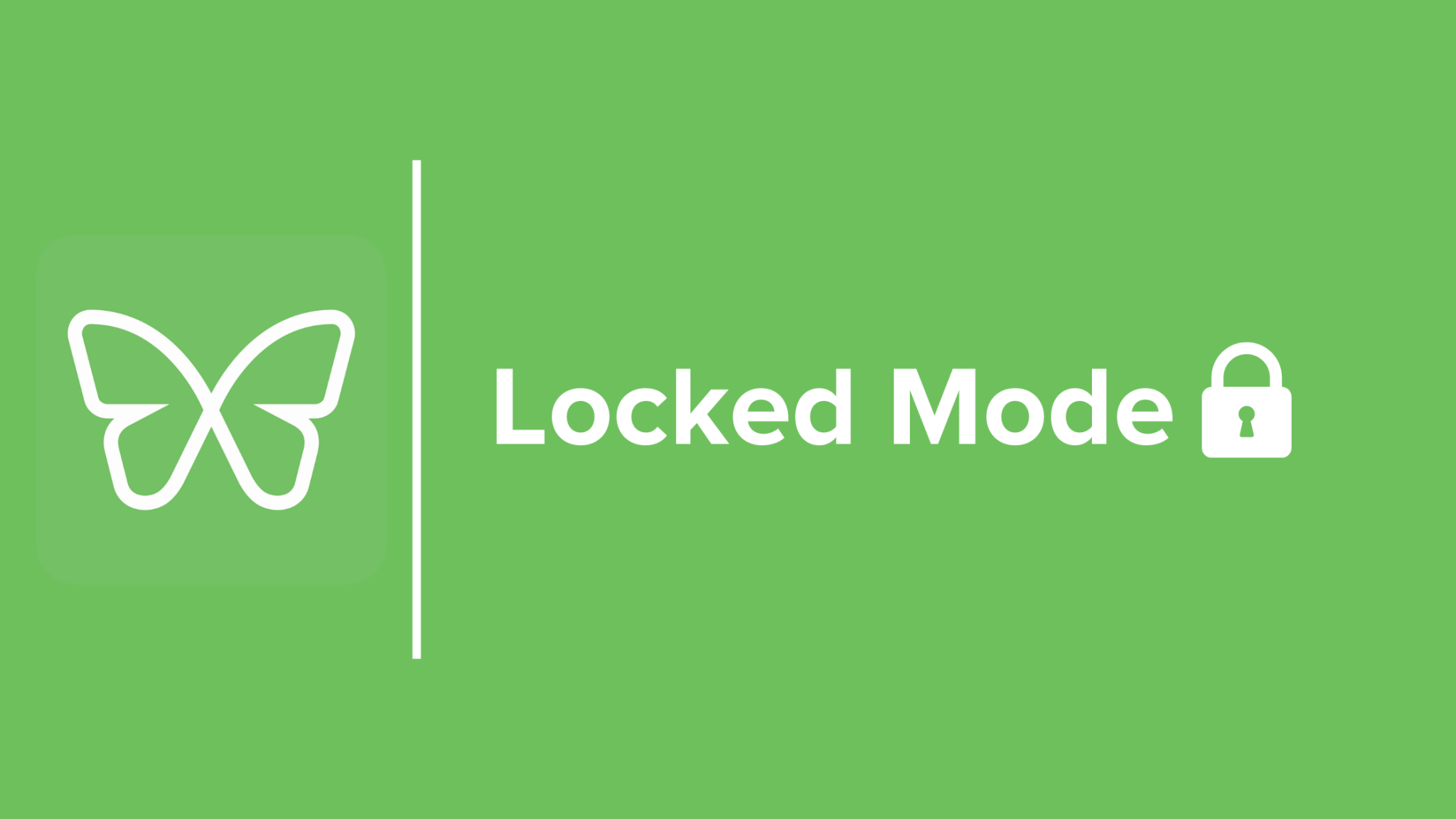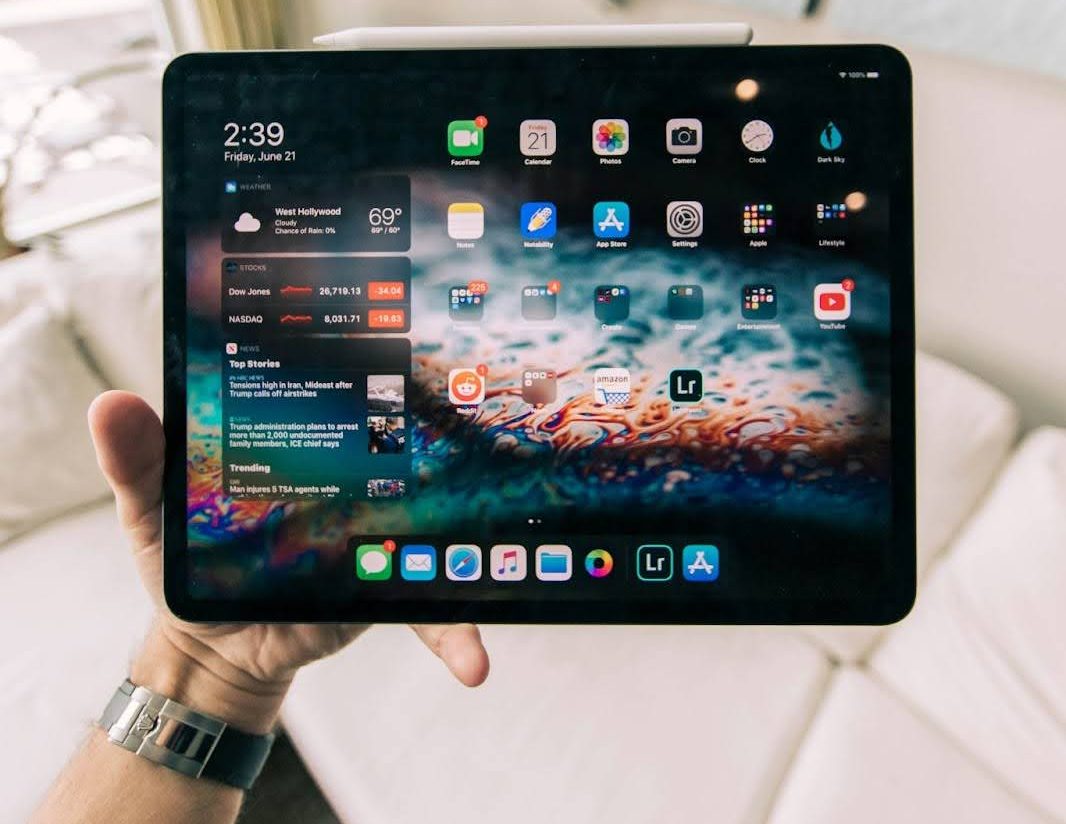Edie Meidav: Finding Creativity in the Absence of Distraction

At Freedom, we love our users – not just because they use our product, but because they’re cool – cool people working on cool stuff. Academy Award-nominated screenwriters, bestselling authors, editors, journalists, developers, illustrators, designers, academics, coaches, podcast hosts, comic book writers, explorers, and entrepreneurs – the Freedom community is packed with curious, creative, and passionate go-getters. We love to share their stories, advice, and process because how better to learn about productivity than from the productive?
Meet Edie Meidav.
Edie Meidav is a Freedom user, American novelist, and educator, whose works include: Lola, California, Crawl Space, The Far Field, A Novel of Ceylon, and Kingdom of the Young, a collection of short fiction with a nonfiction coda.
Her work has been recognized with the Bard Fiction Prize, the Kafka Prize for Best Fiction Novel, and year-end editors’ picks. She is also the recipient of numerous fellowships and support from the Fulbright Program, the Howard Foundation, the Lannan Foundation, and the Whiting Foundation to name a few.
Currently, Edie is a senior editor at the journal Conjunctions in addition to teaching in the UMass Amherst MFA program, where she founded and advises the Radius MFA project. When she is not writing novels or teaching, Edie has also served as a judge for the National Book Critics Circle Leonard Award, the Juniper Prize, and the PEN/Bingham Prize amongst others.
With all of that under her belt, we sat down with Edie this week to learn a little more about how she battles digital distraction to do the work that matters most.
How did you know that you wanted to be an author and what were your first steps in making this your career?
Frequently I have thought it more useful to think of the verb rather than the identity – i.e., I began to write or think writing could be a vocation soon after college after having been fired from three waitress jobs. That said, I used to spend hours improvising at the piano, and I have found the act of writing bears a direct connection to creating music. My work comes from improvisations, engagements with ideas or places or people, and from this engagement I try to pull out a structure that gives the reader some pleasure.
Parallel careers I did not have: marine biologist, filmmaker, Bollywood choreographer, psychic, matchmaker.
At what point did you realize that tech was taking a toll on your productivity, time, and relationships? When did you know that you had to do something about it?
I remember being at Bard College circa 2015 and a student mentioning blocking the internet with Freedom, a concept which I did not understand at first. Why would one want to block the useful tool? But I soon saw it as a delightful concept!
I had started to feel – given a publicity spate around Lola, California – a certain addictive monkey-mind starting to frolic around my neural trenches, some kind of behavior that truly was the opposite of creativity.
Whenever I turn on Freedom, I feel the worried part of my brain relax and the part of the brain that is most lively light up: freedom from distraction truly gives me a surge of creative energy.
How do you prioritize what gets your time and attention each day?
On a good morning, I will write in a diary in a freeform manner, and will sometimes write down five core values and see what I might be able to do on this particular day toward those goals.
How do you stay focused and motivated on a daily basis? Do you have a routine, ritual, or process that helps to get into a productive flow?
As I write, I am at the library of MacDowell Colony, a retreat in New Hampshire which I consider a holy site for artists. The idea of being able to come to a retreat like this inverts our usual task-reward structure, one probably premised on early, mid- and late capitalism, that labor matters so long as it has a dollar sign attached. To change locales and come to a site in which artists matter, in which the local motto is ‘freedom to create’, can truly let one access a part of the creative brain otherwise buried under the surfeit and noise of our contemporary moment.
When I am not in these New Hampshire woods, at home, I try to use sensory cues: a particular soundtrack for a book, a scent, particular places I might move through. I aim to balance writing with movement and nature. Our brains evolved when we were walking twelve miles a day, and though we cannot replicate our past in the primeval forest, we can try to move a bit in nature.
How do you optimize your environment for productivity and focus? How do you incorporate Freedom into your schedule?
I like to avoid using the internet before a certain hour in the morning, and when I am bold, have set Freedom for the weekly schedule.
What is the most difficult or challenging aspect about your work or working process? Do you have any strategies that you use to help overcome these challenges?
My greatest challenge is feeling that I am a fireman to the world, and that there are a thousand urgencies which need only me: this alarm gets sounded, blaring my way primarily through email and texts. Then again, the graves are filled with indispensable people. No one dies if I don’t answer an email, and the motto helps. I have been playing with being less accessible, and find that, indeed, the world continues its habits.
What resources or tools do you use daily and have found most beneficial to your working process?
What projects are you currently most excited about?
Two books came out in the last couple of years: Kingdom of the Young and an anthology I coedited, Strange Attractors. Right now I’m completing a novel about refugees and telecommunications and have another collection coming together.
What do you do outside of your work routine that helps you stay healthy and productive?
I start the day with some kind of brief, if eight-part, meditation, avoid wheat/dairy, try to moderate caffeine, and have many other habits I have found help beat back mental fog.
Where are you currently based?
Amherst, Massachusetts.
To learn more about Edie Meidav or her work, you can visit her site at EdieMeidav.com.


